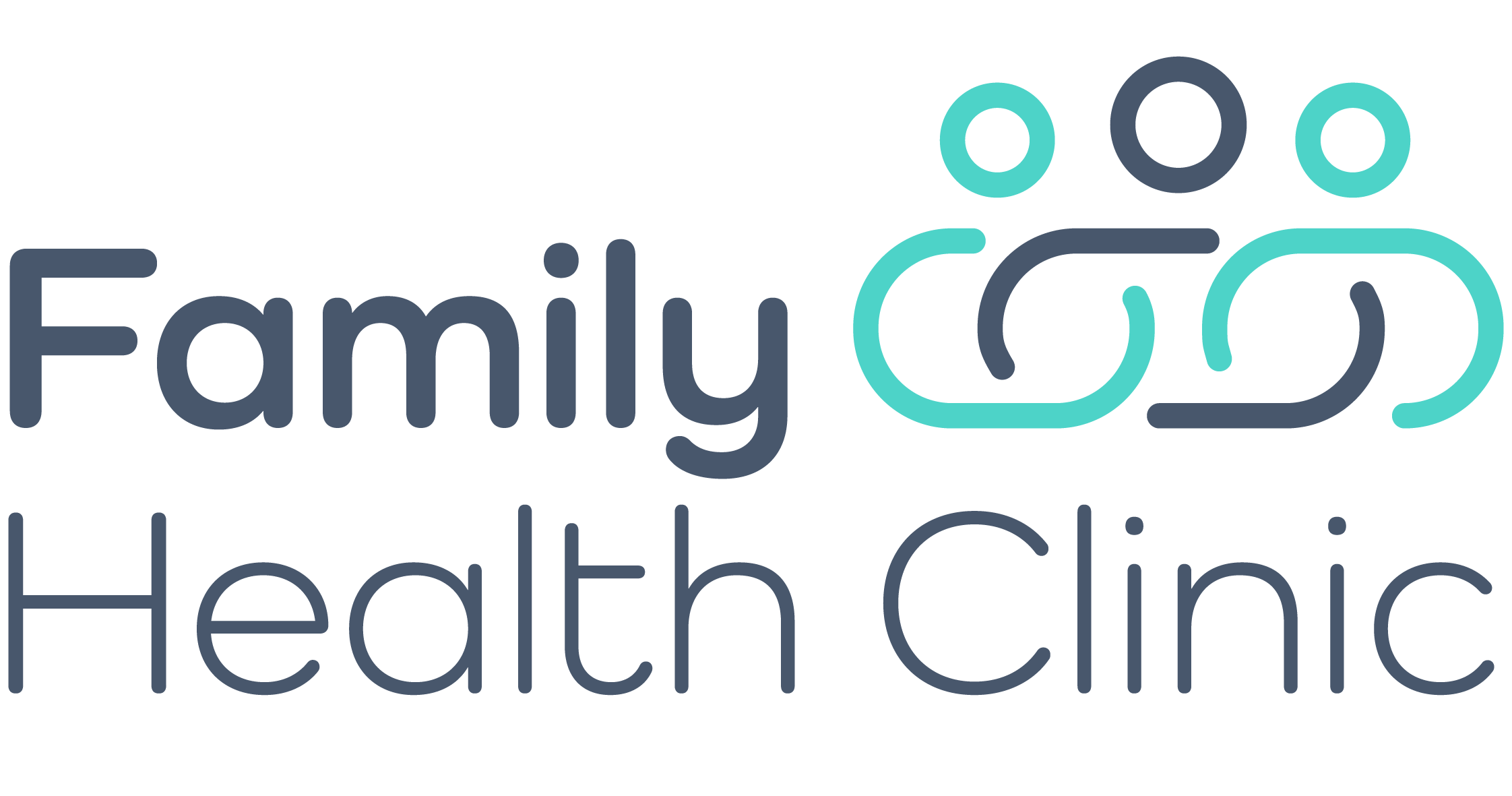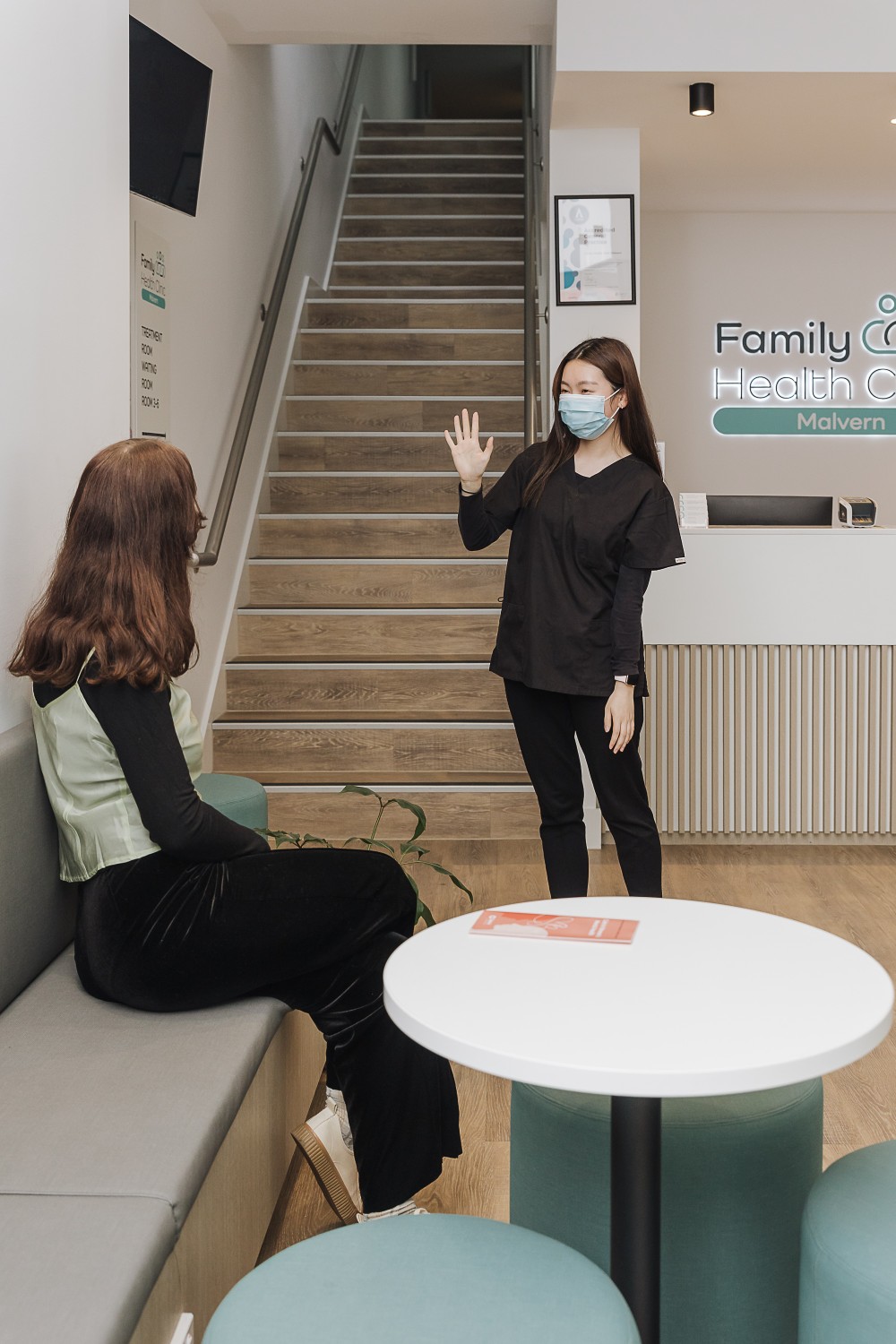Today’s Adolescents are born into families and communities that differ regarding ethnicity, culture, language, religion, environment and the opportunity to benefit from education and wealth. They are exposed to revolutionary new technology. Teenagers have exciting, rapidly changing lives of promise. Most adolescent patients, especially in today’s age of fragmented families and communities, value the chance to connect with an educated and responsible adult. Therefore, all medical providers may contribute a lot to the mental health care of adolescents.
Adolescents experience a whirlwind of emotions due to the complex interplay of physical, cognitive, and social changes occurring during this developmental stage. Emotional experiences during adolescence are heightened and can be volatile, partly due to hormonal changes associated with puberty and the ongoing development of the brain, especially the prefrontal cortex, which is responsible for executive functions like decision-making, impulse control, and emotion regulation.

How do adolescents interact with and experience emotions?
1)Increased Emotional Intensity and Volatility
Adolescents experience emotions more intensely than children or adults. Their feelings can seem more extreme and can change rapidly, leading to what might appear as mood swings. This intensity is partly due to biological changes but is also influenced by the social and environmental stressors typical of this life stage.
2)Developing Emotional Regulation
Throughout adolescence, individuals learn to manage and regulate their emotions better. However, this skill develops over time and with experience. Individuals may struggle with controlling impulses and managing strong feelings early in adolescence, but these abilities typically improve as they move toward adulthood.
3)Sensitivity to Social Evaluation
Adolescents become increasingly sensitive to the opinions and evaluations of their peers. Social acceptance and rejection are intensely emotional experiences, with peer relationships significantly impacting self-esteem and well-being. This sensitivity is linked to developing social and emotional brain circuits during adolescence.
4)Identity and Emotional Experiences
Identity formation, a central task of adolescence, is deeply intertwined with emotional experiences. Adolescents are exploring who they are, which can lead to feelings of uncertainty, anxiety, and excitement. Their emotional experiences during this time contribute to their developing sense of self.
5)Mental Health Vulnerabilities
The emotional turbulence of adolescence makes this a critical period for the emergence of mental health issues, such as depression and anxiety disorders. Factors contributing to these vulnerabilities include biological changes, environmental stressors, and social pressures. Awareness and intervention during adolescence are crucial for promoting mental health and well-being.
6)Need for Emotional Support and Guidance
Adolescents benefit from supportive environments that provide emotional validation and guidance. Positive relationships with parents, caregivers, teachers, and peers can help adolescents navigate their emotional experiences. Open communication, empathy, and understanding from adults are vital in assisting adolescents to learn to manage their emotions effectively.
7)Resilience and Coping Strategies
Adolescence is also a time for developing resilience and coping strategies in the face of stress and emotional challenges. Experiences during this period can teach valuable lessons in managing adversity, fostering growth, and building emotional intelligence.
Adolescence is a critical period of growth and development, marked by significant milestones in identity formation, independence, and understanding of interpersonal relationships. Interventions may focus on promoting healthy development, addressing psychological issues, and supporting adolescents in navigating the challenges of this developmental stage. Your GP and professionals in this field include psychologists, counsellors, and educators, all vital in supporting adolescents’ psychological health and development.



